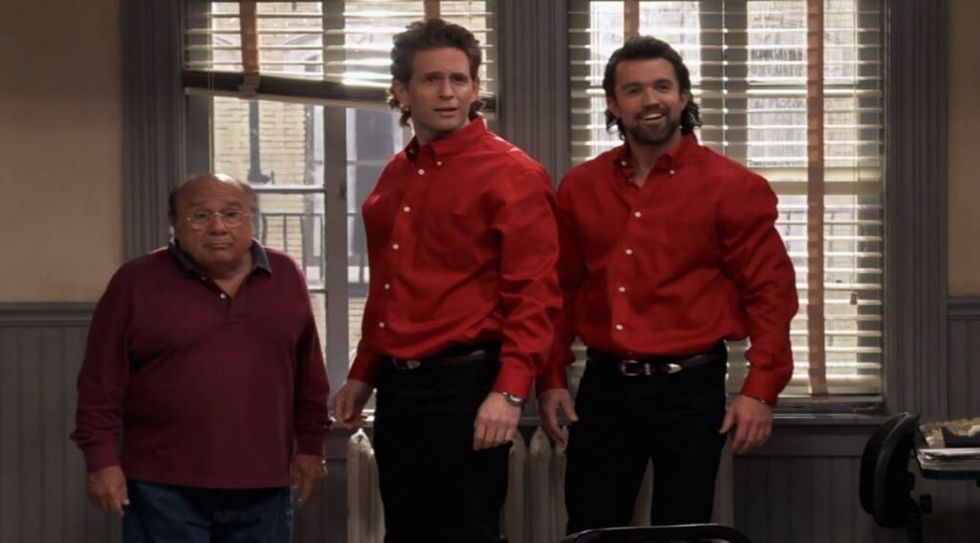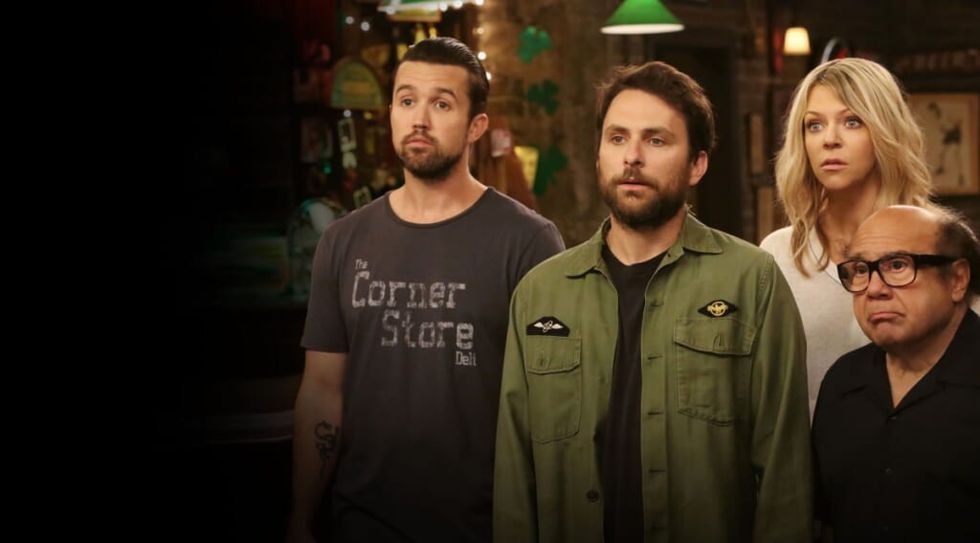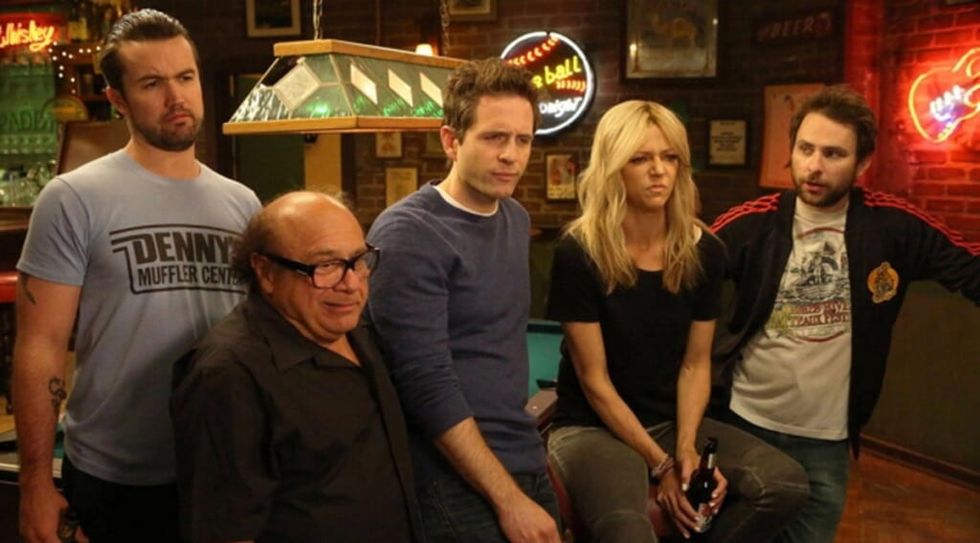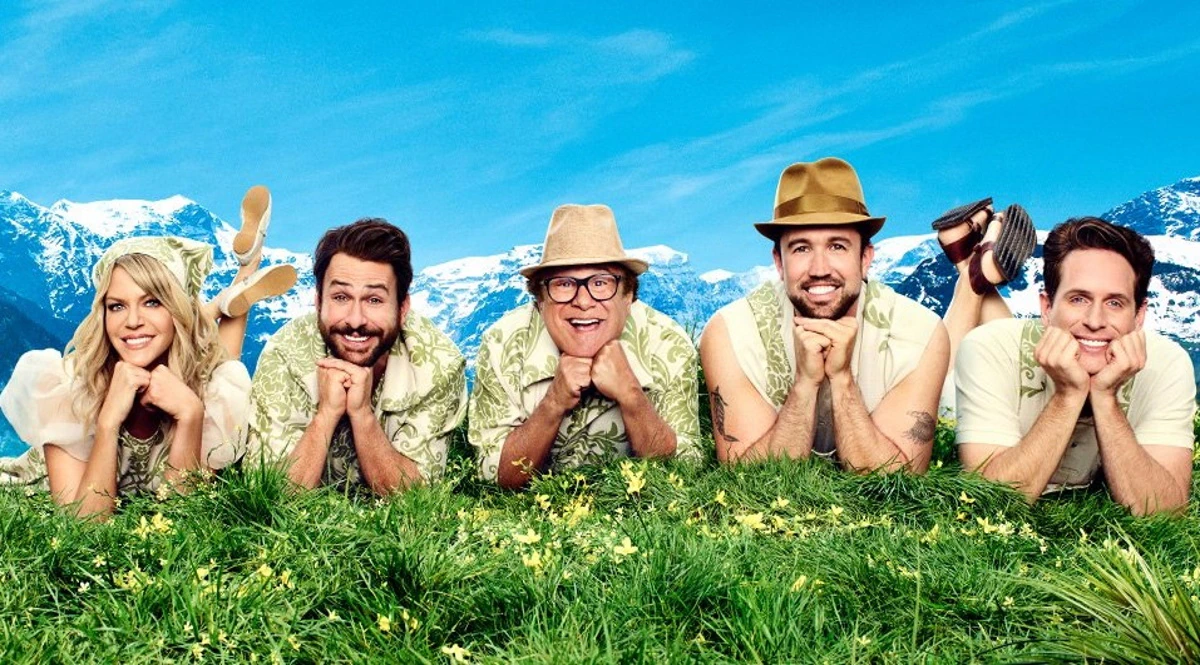As some success stories show, there is sometimes such a thing as being too popular, or too profitable.
The common cautionary tale in television is being on the air for too long. Nearly all popular shows have gone through “seasonal rot,” and some of them, such as Gravity Falls, ended prematurely to prevent the writers from falling into the same trap as the one other shows had to endure. Of course, not every show ends up like The Simpsons or Game of Thrones. Some of them, like It’s Always Sunny in Philadelphia, keep their quality, and fans, over a decade after their debut.
RELATED: Modern Family’s Most Controversial Character May Be TV’s Most Important LGBTQ+ Ally
It’s Always Sunny in Philadelphia is the longest running live action sitcom in the history of American television. But in all honesty, it barely feels like it. The show should theoretically be put in its own, perfectly fitting box. It should hypothetically appeal to a very specific niche of viewers. A work as proudly and openly depraved as Always Sunny is the very definition of a cult classic, and it remains one.
At the same time, it managed to achieve the perfect balance between satisfying the people in the suits and remembering why it gained an audience to begin with, and that is why it is one of the most inspiring shows in Hollywood… in its own way.

Like most modern American sitcoms, It’s Always Sunny in Philadelphia borrows heavily from Seinfeld. What makes Always Sunny stand out is that it seems to carry its influences on its shoulders (and its sleeve) more than other shows, to the point where a common tagline for it was “Seinfeld on crack.”
Indeed, there are blatant similarities, from the three guys, one girl lineup (until Frank is introduced in Season 2), to the show being essentially about nothing. Paddy’s Pub is just an excuse for the main characters to hang out, and their personalities have little to do with their status as bar owners.
However, what immediately separates the two works from each other is the following: Seinfeld is about an unpleasant quartet, whereas Always Sunny focuses on people so toxic and vile that they might be among the most dangerous people in their fictionalized version of Philadelphia. The main five, collectively referred to as “The Gang,” are the logical conclusion of the development of an increasingly edgier popular culture. If there is any evidence Always Sunny is an anti-sitcom to get inspiration from, it is the protagonists.
RELATED: Tina Fey’s ’30 Rock’ Was a Ruthless Attack on Pop Culture – Did It Have to be?
These characters are so despicable, they consider blackface the pinnacle of character comedy. They believe in stalking an increasingly more impoverished crush, and are purveyors of bigotry fueled by self-hatred. Without going into their individual schemes, in real life, they would be a tpxic group best avoided at all costs.
Only in a comedy could such a despicable posse be twisted into something more palpable. And that’s the important bit. Always Sunny knows how to play with the juxtaposition of its characters’ endless depravity and the limitations of sitcoms as a genre. It is the logical conclusion to this postmodern deconstructionist vision that television has been experimenting with since at least the likes of The Ren & Stimpy Show. This is the key to its longevity, and why it’s a show to emulate.
Always Sunny Knows Which Cards To Play

There’s something disturbing about how deeply rooted in its genre It’s Always Sunny in Philadelphia actually is, despite being perfectly capable of standing apart from other shows, let alone other sitcoms, on its own merits. The show plays around with its own genre’s conventions and logic like they are different toys in a toybox, all without shoehorning some preachy meta commentary about sitcoms.
The beauty of the show comes from the Gang essentially believing that they are in a traditional sitcom. They do horrible things, but are nonetheless capable of being perfectly pleasant. They are either oblivious to the fact, or choose to deny, that their world is far bigger than their self-contained escapades imply.
Always Sunny can have a plot like Frank getting a normal bar shut down after inviting minors to drink there as a way to “help” his new “friends” make more money. This is treated by our “heroes” as a mere mistake unworthy of a revisit, instead of an act of betrayal that can potentially put people on the streets… let alone putting young people in danger.
RELATED: Sesame Street Wrestled with a Dark History to Create a Brighter Future for ALL Kids
Although the show is ultimately episodic, there is still plenty of continuity to reward long-time viewers. Accompanying the Gang is an ensemble of acquaintances that seem unable to get them out of their lives. From the Waitress, to the Ponderosa siblings, to Rickety Cricket, most of the major recurring characters’ lives were permanently altered, usually in bad ways.
This kind of No Exit-esque storytelling, involving genuine long-term consequences and the Gang’s lack of concern for its butterfly effect, is the ideal formula to attract a diverse audience, from casual viewers to a dedicated fandom.
Always Sunny remains accessible at any point, even with recent instances of character development such as Mac coming to terms with his attraction to men and Charlie learning about his true family history.
While starting from the beginning enriches an experience that sitcoms seldom provided at the time, the show’s writing makes it serve its purpose as a sitcom that people can get into at any point.
RELATED: Demi Moore & Ashton Kutcher’s Legacy Isn’t a Failed Marriage – It’s Their War on Human Trafficking
Another ingredient to It’s Always Sunny in Philadelphia’s success is its spot in pop culture. Just like its approach to situational comedies, the show has meticulously squeezed itself between the cult classics and blockbusters. Always Sunny, is, in a way, FX’s answer to South Park. It put the channel on the map, and rarely will you find a schedule without a few reruns. The show is memetic, and made celebrities out of its cast, sans Danny DeVito, obviously.
And yet, it has not become as commodified, nor has it truly entered the public consciousness like some of its contemporaries. It is happy remaining relatively underground and doing what it does best. It remains unpretentious, and continues showing off its craft.
At this point, it is nearly unable to end. The show’s cast has confirmed that they will film Always Sunny episodes until it becomes impossible to do so. As long as the show does not steer away from what it knows, it will continue perfecting its formula.
How It’s Always Sunny In Philadelphia Can Inspire And Teach Creatives

At this point, It’s Always Sunny in Philadelphia is a dream come true for the suits, the people actually making it, and the fans that support it. Creator Rob McElhenney gets to star alongside his wife, close friends, and a celebrity whose forced guest appearance actually benefited the show.
The irony, of course, is that the Gang’s toxic codependency is diametrically at odds with the seemingly healthy relationships of the actors. The show is popular enough to please the executives, but just niche enough to avoid cultural over-saturation. It found its artistic identity, and made a joyful work out of the gloomiest life has to offer. It all started with a camcorder and around $200. It is now enough of a phenomenon to lure other actors and writers, rather than the other way around. And that’s important.
RELATED: Self Esteem: How The Offspring’s Lead Singer Became a Doctor, a Pilot and an Inspiration
There is a sense of humility in It’s Always Sunny in Philadelphia. Even at its most topical, the humor does not degenerate into an inside Hollywood joke. It never paints itself as anything more a dark comedy. The show’s insularity is surprisingly commendable, because it has learned to embrace it, and not sulk in cheap commentary about itself.
Even if aspiring directors, writers, and actors want to work on more dramatic or lighthearted projects, they can still learn from and truly be inspired by It’s Always Sunny in Philadelphia. It shows how to make the rot of society presentable in a captivating way. It continuously studies itself and its roots as a television show, a dark comedy, and a creative endeavor.
Dramatists could study culturally important dramas to realize what to preserve in dramatic storytelling, and what to reform for modern times. Amateur filmmakers could use the show’s history as motivation to pull out the camera and have fun. It’s Always Sunny in Philadelphia may be about the dregs of society, but the dream scenario that its history carved cemented it as a twisted role model for all storytellers.
KEEP READING:
Beyoncé and Steven Spielberg Are ‘Failures’ – And That’s Good News for You
Credit: Source link



